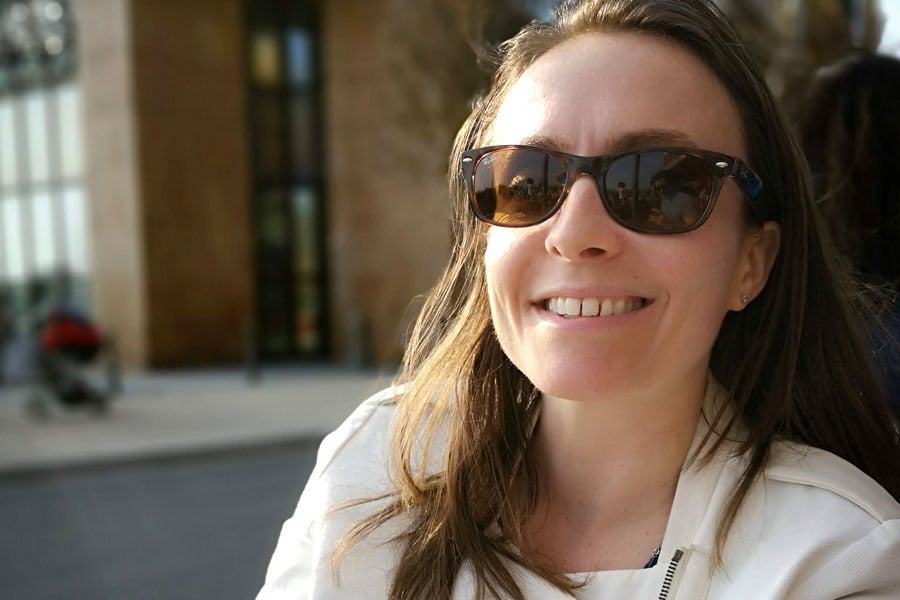Rebecca Conner has found her
niche in the
financial planning space.
Ms. Conner, founder of
SeedSafe Financial in Seattle, is developing a bustling enterprise by blending her accounting background with her proximity to the tech industry and focusing largely on the unique compensation structures of employees at some of the world's largest technology companies.
"Compensation in the tech space is so different from what you might see at traditional companies or government jobs where your pay increases as you reach new levels," she said.
Ms. Conner, who works with clients primarily on a retainer-fee basis, said compensation in the tech sector is typically a blend of salary and some type of
stock-incentive plan.
"It could be a startup with little cash that is offering stock options and a lower salary, or it could be more cash and different levels of restricted stock options," she said. "What I do is help people understand what the risks of the various compensation structures are and what those differences will mean to them."
Ms. Conner, who
operates a virtual office and will be traveling with her family in Europe for the next several months, has tailored her website to the tech industry, including links for employees of Amazon and Microsoft.
The next upgrade to the site, she said, will highlight her expansion into helping tech employees who work at companies that are on track to go public.
"The great thing about tech companies is you can make millions off an IPO even if you're somebody who has only been there for a year as a manager or a software engineer," she said. "We help them with the sudden wealth and the tax implications."
Ms. Conner, who is both a certified public accountant and a certified financial planner, moved into wealth management after working in public accounting for four years, followed by four years working in the internal tax operations department at Dimensional Fund Advisors in Austin, Texas.
Her transition to financial planning started while she was at DFA, where she began working toward her CFP, when some of her husband's colleagues in the tech industry needed help managing their various stock incentive plans.
"I helped some of my husband's friends figure out their stock compensation plans by putting it into layman's terms, and I was pretty good at that," she said.
When her husband, Scott Conner, was transferred to Seattle two years ago, Ms. Conner decided it was time to make the full transition to launching her own advisory firm focused on tech-industry employees.
She currently has 40 clients on retainer and expects that number to double by the end of this year. She also worked with 15 clients last year on an hourly basis.
"Most of our clients are looking to get out of the tech industry by age 55 and start act two of their careers because they get really tired and are ready to do something else and calm down," Ms. Conner said. "That might include moving to a lower-cost state where they could do some remote consulting or just doing their own thing. We help them think through act two by making sure their portfolio is ready for that."
Tip sheet:
1. Interview individuals you see as ideal prospects. But no selling them on anything! The point is to learn more about what they read, how they get advice, and the big questions that they or their friends tend to have. This is a learning process for you.
2. If you want to target a specific company, that is a great way to start, but check out the company's culture first. What drives people to a company is often a reflection of what they value, and you want to like the people with whom you are going to be working.
3. You will make mistakes. And that's okay. You may realize you don't like the niche you're working with, but you should try to stick with it for at least six months to a year to ensure you've done enough experimentation with a large enough sample size to have an opinion one way or the other.







